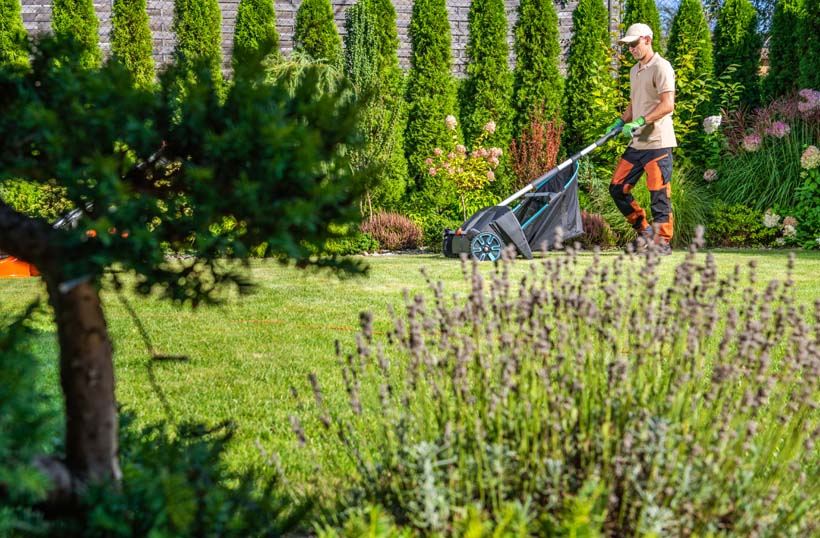Eco-Friendly Pest Control: A Guide for Sustainable Gardens
Eco-friendly pest control is a vital component of sustainable gardening, striking a balance between plant protection and ecosystem health. At Cut the Grass Landscaping, we emphasize green solutions for managing pests, ensuring the safety of your garden, family, and the environment. Here are the leading eco-friendly pest control methods that blend seamlessly with nature.
Companion Planting: Nature's Pest Repellent
Certain plants possess natural pest-repelling properties, serving as your garden's organic defense mechanism. By thoughtfully integrating these plants, you can naturally deter pests without resorting to harsh chemicals.
Solution: Introduce marigolds to combat nematodes and basil to fend off flies and mosquitoes, effectively creating a natural barrier around susceptible plants.
Neem Oil: The Organic Guardian
Neem oil, derived from the neem tree, acts as a potent, natural pesticide that's safe for plants, beneficial insects, and humans. It interrupts pests' life cycles, significantly reducing their presence in your garden.
Solution: Apply neem oil sprays during the early morning or late afternoon to protect beneficial insects, targeting affected areas or using it as a preventive measure.
Beneficial Insects: The Natural Predators
Utilizing the predator-prey relationship in nature can control pest populations without chemicals. Beneficial insects, like ladybugs and lacewings, naturally curb common garden pests.
Solution: Encourage beneficial insects by planting native flowers and herbs or acquiring them from reliable sources to introduce into your garden.
Diatomaceous Earth: The Eco-Friendly Barrier
Diatomaceous earth is a non-toxic powder effective against various pests, such as ants, slugs, and beetles. It dehydrates pests on contact, providing a physical means of pest control.
Solution: Apply diatomaceous earth around the bases of pest-prone plants, reapplying after rain or watering to maintain protection.
Conclusion: Building a Sustainable Garden Defense
Embracing eco-friendly pest control is a commitment to your garden's health and the broader environment. Techniques like companion planting, neem oil application, encouraging beneficial insects, and using diatomaceous earth allow gardeners to manage pests sustainably. These methods protect your plants and contribute to ecosystem well-being, promoting biodiversity and minimizing chemical use. By adopting sustainable pest control strategies, you're investing in a healthier garden and a more vibrant planet, embodying the principles of environmental stewardship and nurturing a flourishing outdoor space.





